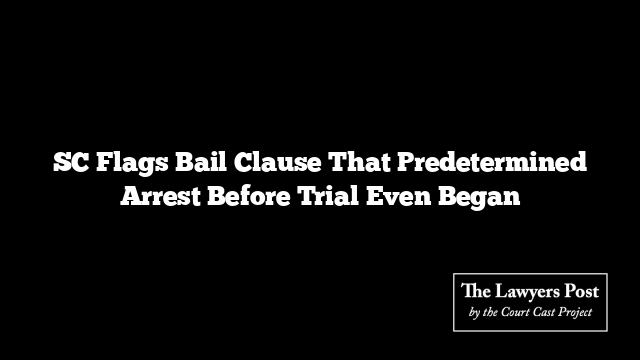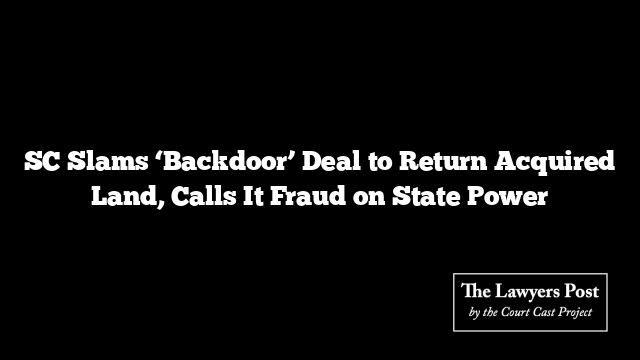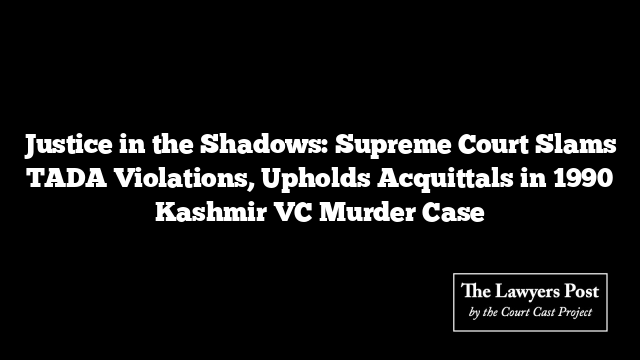The Supreme Court has taken sharp exception to a curious condition buried in an anticipatory bail order passed by the Patna High Court—one that effectively told the trial court exactly what to do the moment a chargesheet landed: arrest the accused.
A bench of Justices Ahsanuddin Amanullah and Prashant Kumar Mishra found the condition overreaching and plainly unnecessary. Instead of letting the trial court decide the next steps post-charge-sheet, the High Court had already written the script, handcuff and all.
The condition in question read like this:
“It is further made clear that if charge-sheet is submitted against the petitioner connecting him with the offence, in that event the present anticipatory bail order shall lose its effect and the learned trial court shall take all coercive steps to ensure that petitioner is behind bar.”
To this, the Supreme Court responded with firm disapproval: the High Court could have simply allowed the trial court to weigh the situation independently upon the petitioner’s appearance, rather than compelling it to swing the gavel toward custody.
“The learned counsel for the petitioner is correct,” the bench noted, “that there could not have been a specific direction that upon submission of charge-sheet, the Court shall take all coercive steps to ensure that the petitioner is behind bar.”
In short: don’t tie the trial court’s hands before it even hears the knock on the door.
The Supreme Court ultimately modified the order, instructing the petitioner to appear before the trial court within three weeks. What happens next? That’s for the trial court to decide—based solely on the facts in front of it, no pre-scripted outcome attached.





